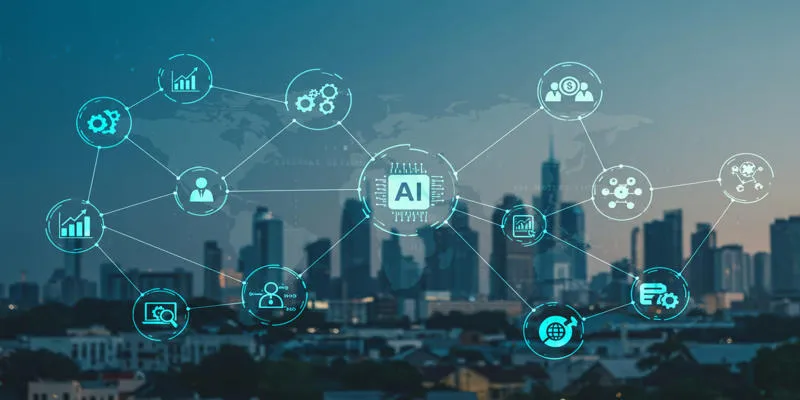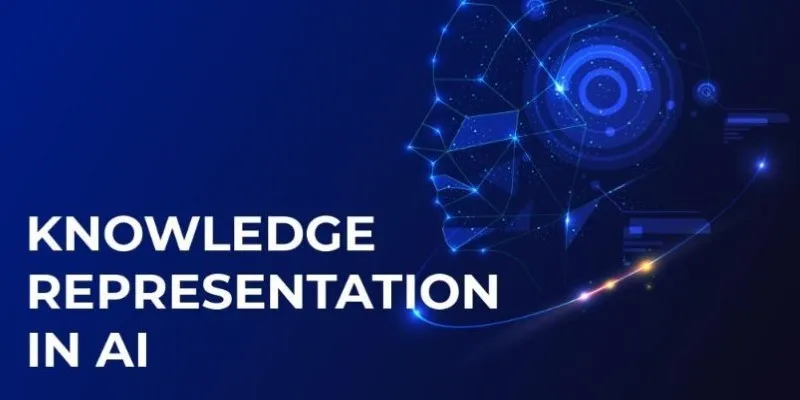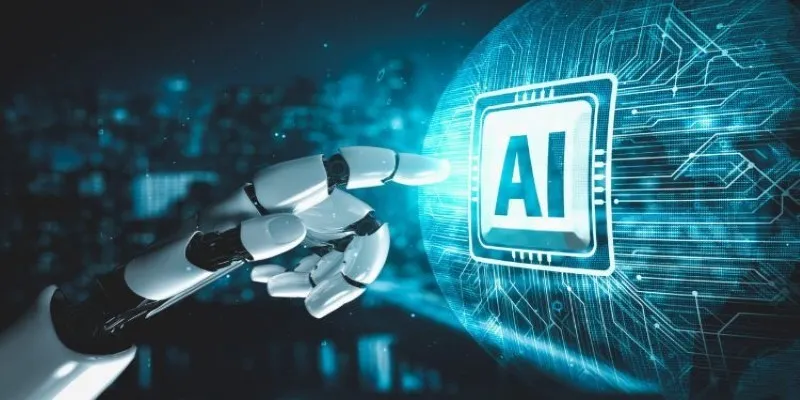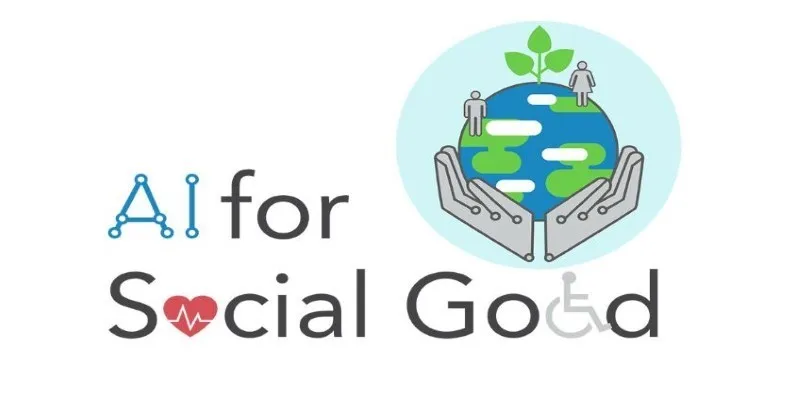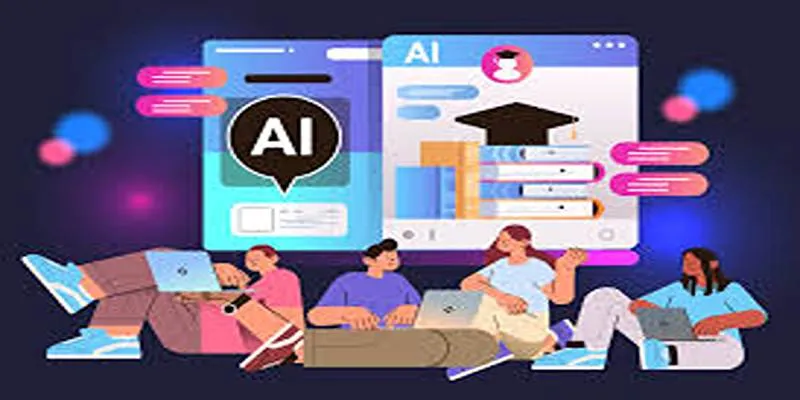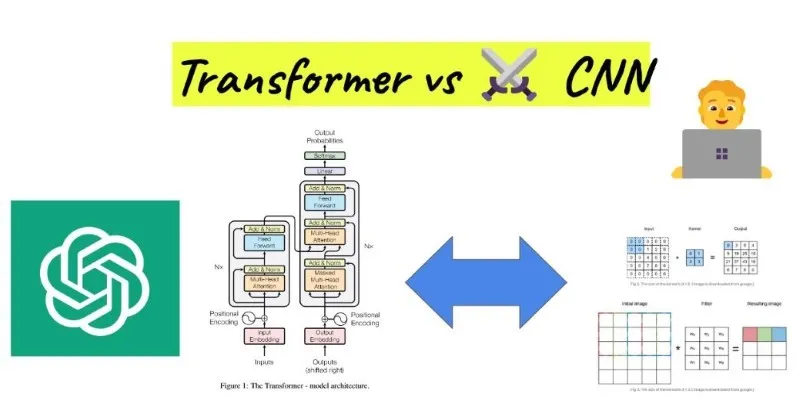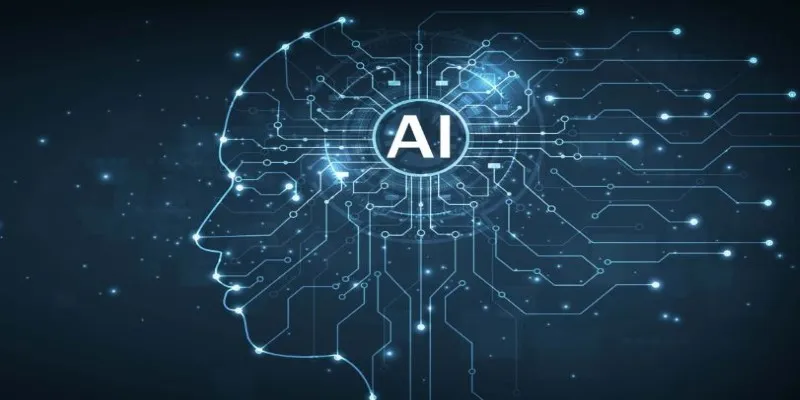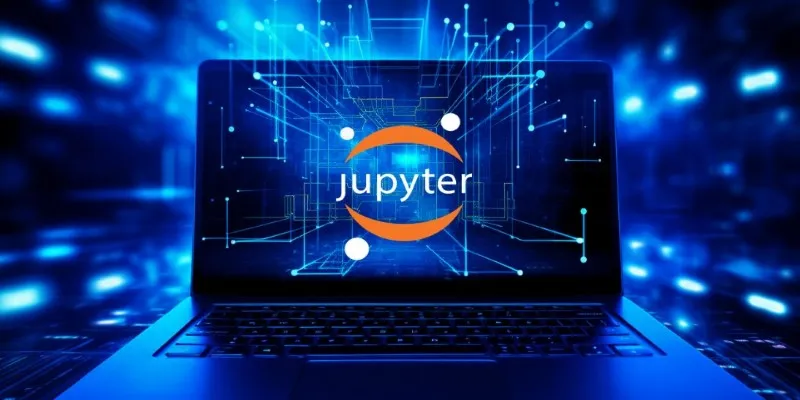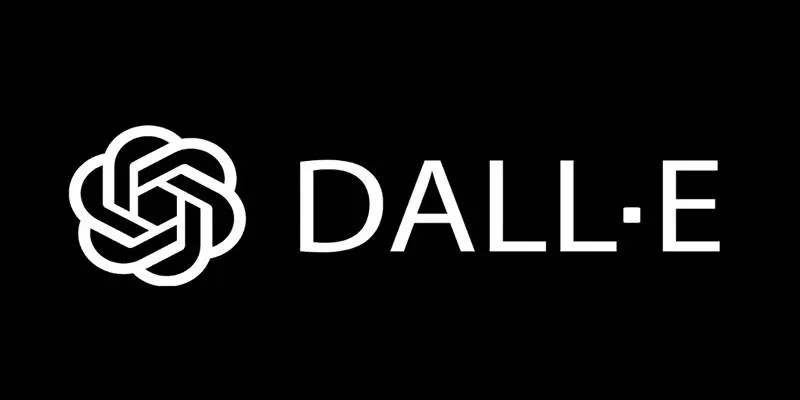Artificial intelligence (AI) is revolutionizing various fields, and education is no exception. Many are unaware of the significant role AI can play in transforming e-learning. Initially, students relied on traditional methods, but with the advent of the internet, online learning became more prevalent. Now, AI is completely redefining the online learning landscape, benefiting both students and teachers. Curious to learn how? This article highlights five ways AI is transforming e-learning. Read on to discover more!

5 Ways Artificial Intelligence Is Transforming E-Learning
Explore five key ways AI is enhancing e-learning, offering tools for both general and specialized tasks:
1. AI for Data Analysis
AI excels at quickly analyzing large datasets, a task often challenging for humans. In e-learning platforms like Moodle, immense amounts of data are generated daily, including student logins, quiz scores, and time spent on activities. Sifting through this data can be overwhelming for educators. AI identifies patterns and trends swiftly, enabling teachers to make informed decisions. Additionally, AI can monitor student activity, sending alerts if someone falls behind or misses classes. This early warning system allows educators to address issues promptly, providing timely support to students and enhancing the overall learning experience.

2. Creating Smart Content
AI is increasingly integral to education, helping students reach their academic potential through “smart content.” AI-generated digital content rivals professional quality, enhancing classroom experiences with online video lectures and interactive features. AI also transforms traditional textbooks into digital formats, like Cram101, which simplifies textbooks with chapter summaries and practice tests. Tools like Netex Learning enable teachers to create and share online lessons across devices, incorporating videos, audio, and virtual assistance for a more engaging and comprehensive e-learning experience.
3. Personalized Learning
AI personalizes learning in a manner similar to how Netflix suggests shows based on user preferences. Traditionally, school lessons targeted the average student, leaving high-achievers and struggling students without adequate support. AI customizes classwork and exams to fit each student’s learning level, providing tailored assistance based on individual strengths and weaknesses. AI-powered apps offer quick feedback, crucial for effective learning. Tools like Carnegie Learning act as digital tutors, providing one- on-one support, thereby making education more personalized and effective for every student.
4. Virtual Support
In regions with a shortage of qualified teachers, AI offers a valuable solution. Online courses, such as MOOCs, allow global participation in virtual classrooms, but students often need more support. AI provides personalized guidance, delivering lessons tailored to individual needs. Available 24/7, AI assists thousands of students simultaneously, filling educational gaps in areas lacking quality schools or teachers. AI cannot replace human educators entirely but serves as a crucial support system, making education more accessible and responsive to student needs.
5. Freeing Up Educators’ Time
While AI might impact jobs in various sectors, teaching is less susceptible to automation. A 2023 World Economic Forum study revealed that only 1.4% of education jobs risk automation, as teaching requires human connection and guidance. However, AI can transform teaching by alleviating administrative burdens like grading and scheduling, allowing teachers to focus on student interaction. AI supports educators, enhancing efficiency and improving the learning experience for both students and teachers.
Conclusion:
AI in education aims to support, not replace, teachers. By leveraging AI tools, learning becomes more personalized, flexible, and efficient. Students receive tailored support, and teachers can dedicate more time to teaching. Additionally, AI manages routine tasks such as grading and scheduling. Although still evolving, AI is already significantly enhancing e-learning, offering innovative teaching and learning methods, from smart content creation to virtual tutoring and early intervention for struggling students.
 zfn9
zfn9

